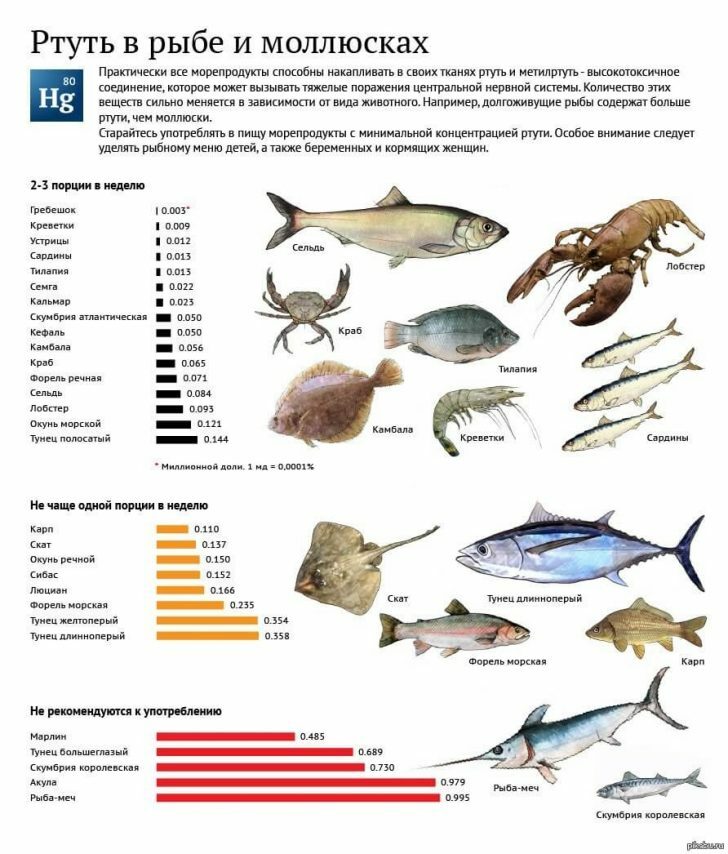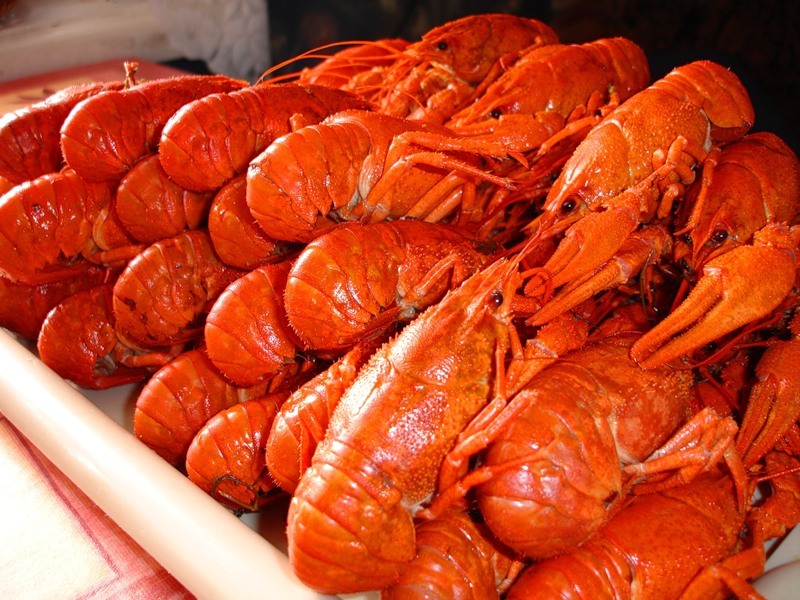Kishmish: benefit and harm
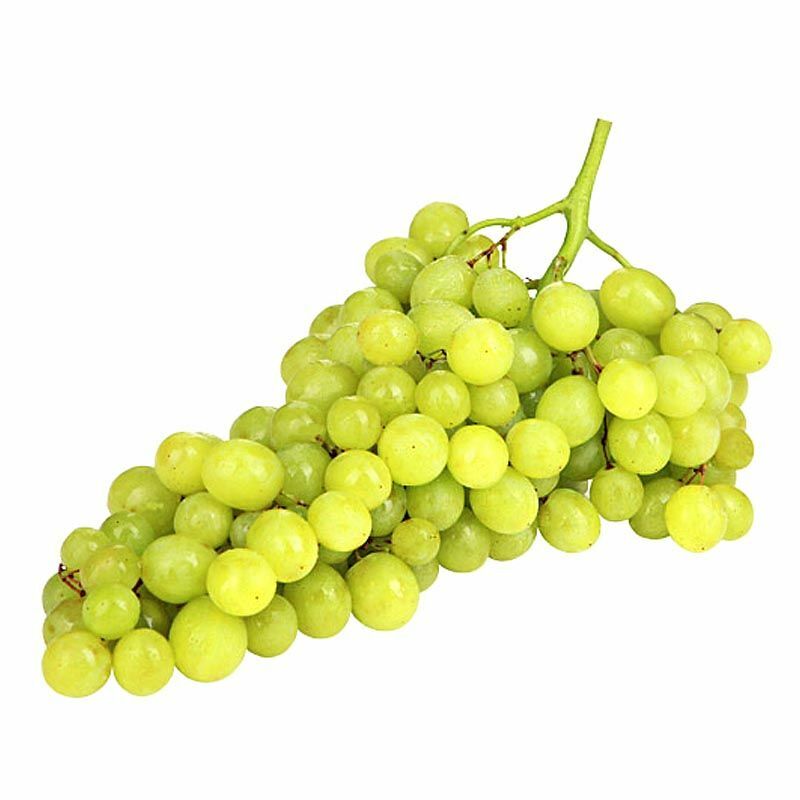 Kishmish is a grape variety grown in the Middle East and Central Asia.It is distinguished by a rather large number of tight berries on one bunch - cases were recorded where the weight of one exceeded 1 kg.Due to the fact that the sultana has a dense peel, the grape variety in question perfectly "behaves" even during prolonged transportation - this delicious berry can be eaten in any region of residence.
Kishmish is a grape variety grown in the Middle East and Central Asia.It is distinguished by a rather large number of tight berries on one bunch - cases were recorded where the weight of one exceeded 1 kg.Due to the fact that the sultana has a dense peel, the grape variety in question perfectly "behaves" even during prolonged transportation - this delicious berry can be eaten in any region of residence.
Various types of the product under consideration are grown on farms - white, pink, red and violet( black).The most useful is the last species - it consists of antioxidants.
Kishmish is used for food not only in natural / fresh form - sauces made from such grapes are prepared for meat dishes and fruit salads, it is optimal for wine, jam and baking.Composition
sultanas
Nutritional value of 100 g:
- Calorie 37.5 Kcal
- Carbohydrate: 10g
Vitamins:
- Beta-carotene: 0.8 mg Vitamin A
- (RE): 133.3333 μg
- Vitamin C: 1400 mg
The most useful kishmish berries that are in full maturity stage - they contain vitamins A and C. Also in the product under consideration are :
-
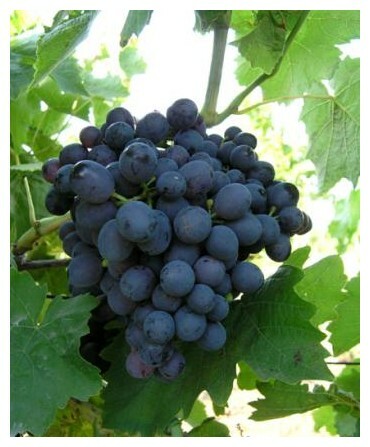 Folic acid - a very useful substance for pregnant and lactating womenWomen;
Folic acid - a very useful substance for pregnant and lactating womenWomen; - is easily digestible sugars;
- tartaric, malic, succinic and citric acids - organic;
- mineral substances - potassium, calcium, magnesium, phosphorus, molybdenum and others;
- essential oils.
The composition of the kishmish is almost identical to the composition of the white grapes - it has been found and flavonoids, and chlorophyll, and polyphenols, and quercetins.
Kishmish is the benefit of the grape
It is a generally accepted fact that it is the grape berries that make the mood, it concerns absolutely all varieties.And sultana can have a toning and restorative effect - such a "cocktail" together with a good mood will help get rid of fatigue, relieve tension and support immunity during the epidemic of colds.
The grapes of this variety will be very useful for bronchitis, sore throats, colds and flu - it can have antitussive effect.The product under consideration also works well with problems in the gallbladder - it stimulates its work, provokes the production of a normal amount of bile, thereby relieving the person of heartburn and nausea after eating.
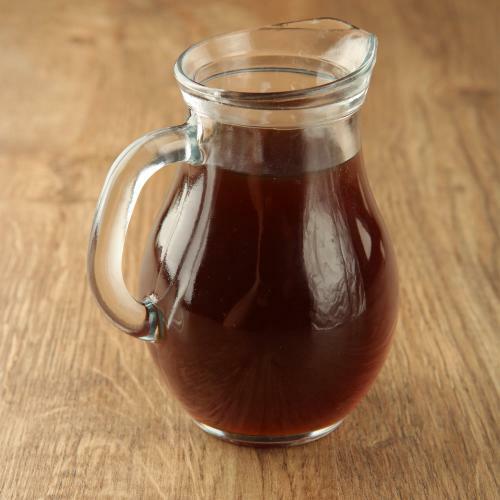 It is very important to introduce kishmish into the ration of elderly people - grapes serve as prevention of osteoporosis( strengthens the musculoskeletal system) and thrombophlebitis( improves blood circulation, increases blood flow).
It is very important to introduce kishmish into the ration of elderly people - grapes serve as prevention of osteoporosis( strengthens the musculoskeletal system) and thrombophlebitis( improves blood circulation, increases blood flow).
Kishmish is recommended for those people who lead an activity that is too active - the berries help to fill their energy, get calm and relax after too emotional events.
Grape juice contains a lot of pectin - it is capable of activating the process of removing salts of heavy metals and toxins from the body.In berries there are also enzymes that contribute to the normalization of the digestive process.But the fiber in the product in question is much smaller - you can safely introduce kishmish into the diet of a person who recently suffered food poisoning.
Harm to kishmish
Despite the obvious benefit of the product in question, it is worth knowing about which and to whom kishmish can harm.
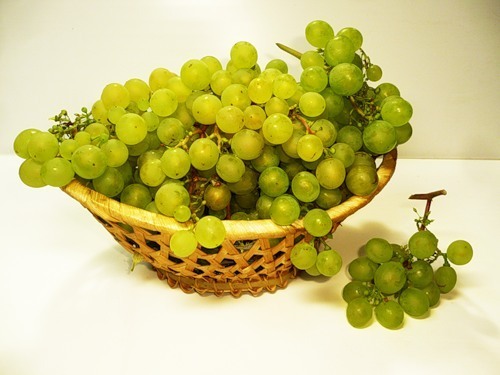 First, you need to give up kishmish to people with diagnosed diabetes mellitus at different stages of the course.The fact is that the berries contain too much sugar, which can affect the general condition of a person negatively, increase the blood sugar level.Do not forget that in the composition of the product in question there are organic acids and vitamin C - in peptic ulcer of stomach and / or duodenum, gastritis with high acidity, pancreatitis( inflammation of the pancreas) and cholecystitis( inflammation of the gallbladder), sour cough is contraindicated.
First, you need to give up kishmish to people with diagnosed diabetes mellitus at different stages of the course.The fact is that the berries contain too much sugar, which can affect the general condition of a person negatively, increase the blood sugar level.Do not forget that in the composition of the product in question there are organic acids and vitamin C - in peptic ulcer of stomach and / or duodenum, gastritis with high acidity, pancreatitis( inflammation of the pancreas) and cholecystitis( inflammation of the gallbladder), sour cough is contraindicated.
Secondly, you can not get too carried away with berries - kishmish is recommended to eat no more than 25 pieces per day, otherwise flatulence, nausea and diarrhea can occur even in absolutely healthy people.
Thirdly, grape juice has a destructive effect on the enamel of the teeth - it is not necessary to eat kishmish for those who less than 24 hours ago performed the procedure of teeth whitening, has problems with their sensitivity.
Some nuances of
Since kishmish is supplied to commercial networks from distant countries, it is necessary to thoroughly wash it - the surface of the berries is treated with special chemical compounds that are designed to prolong the shelf life.It is necessary not just to rinse a bunch of grapes under running water, but carefully rinse each berry and preferably warm, even hot water.
Do not eat grapes at the same time as milk - diarrhea can not be avoided.But it is very useful to eat grapes together with fried and baked meat - it promotes rapid digestion of "heavy" foods by the stomach.
Grapes are very high in calories - this product can not be included in the menu, if it is necessary to adjust the body weight in the direction of decrease.


